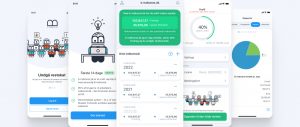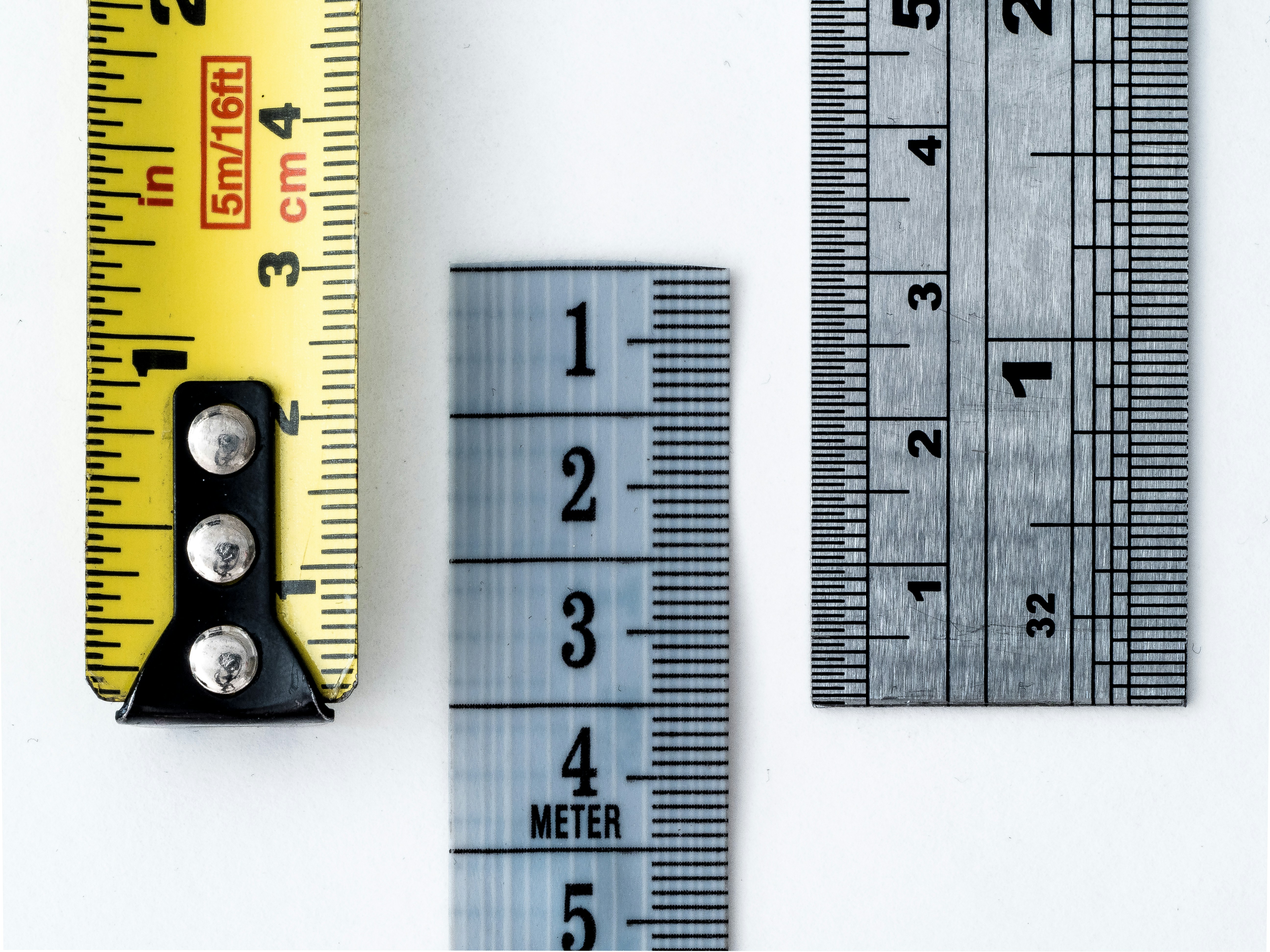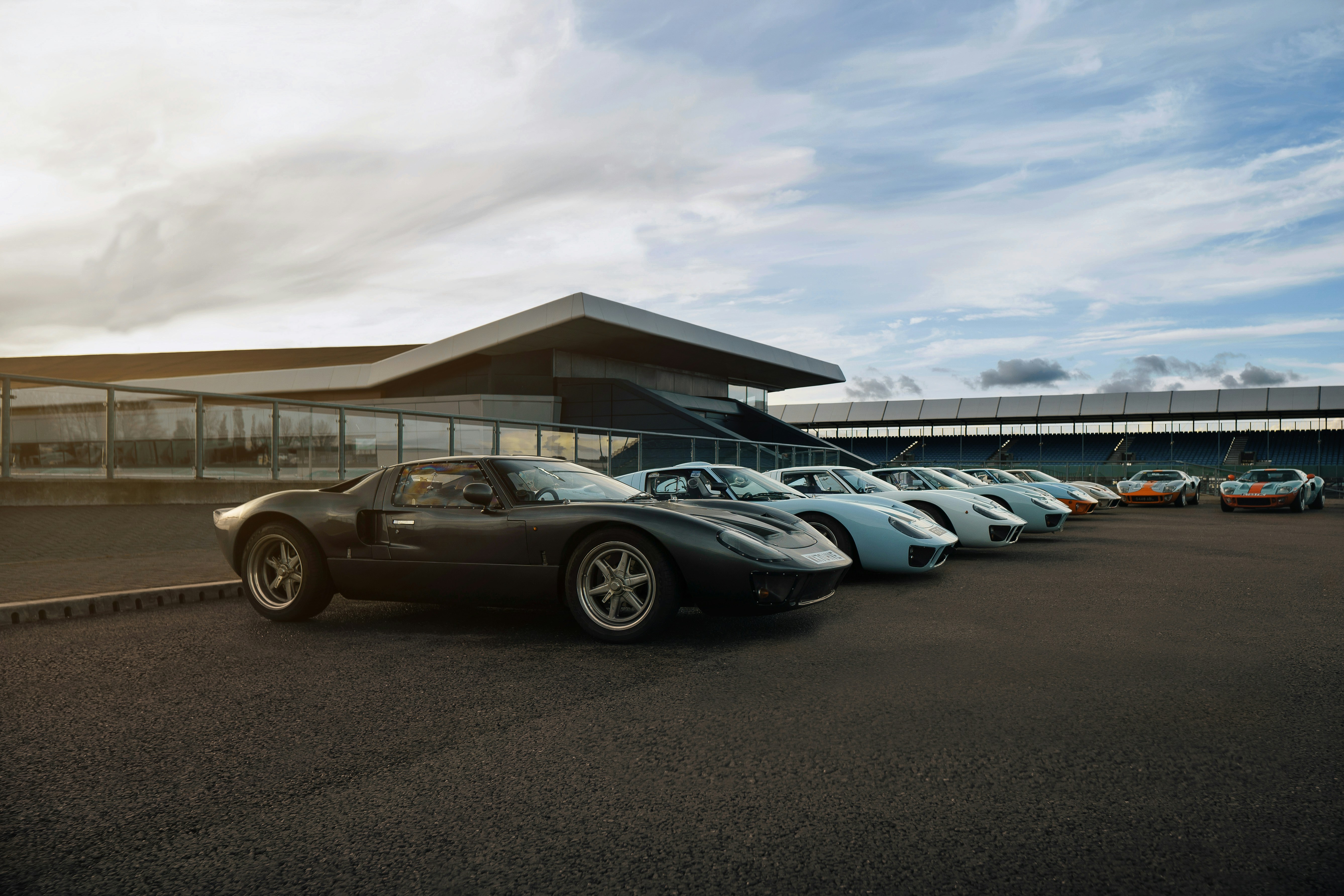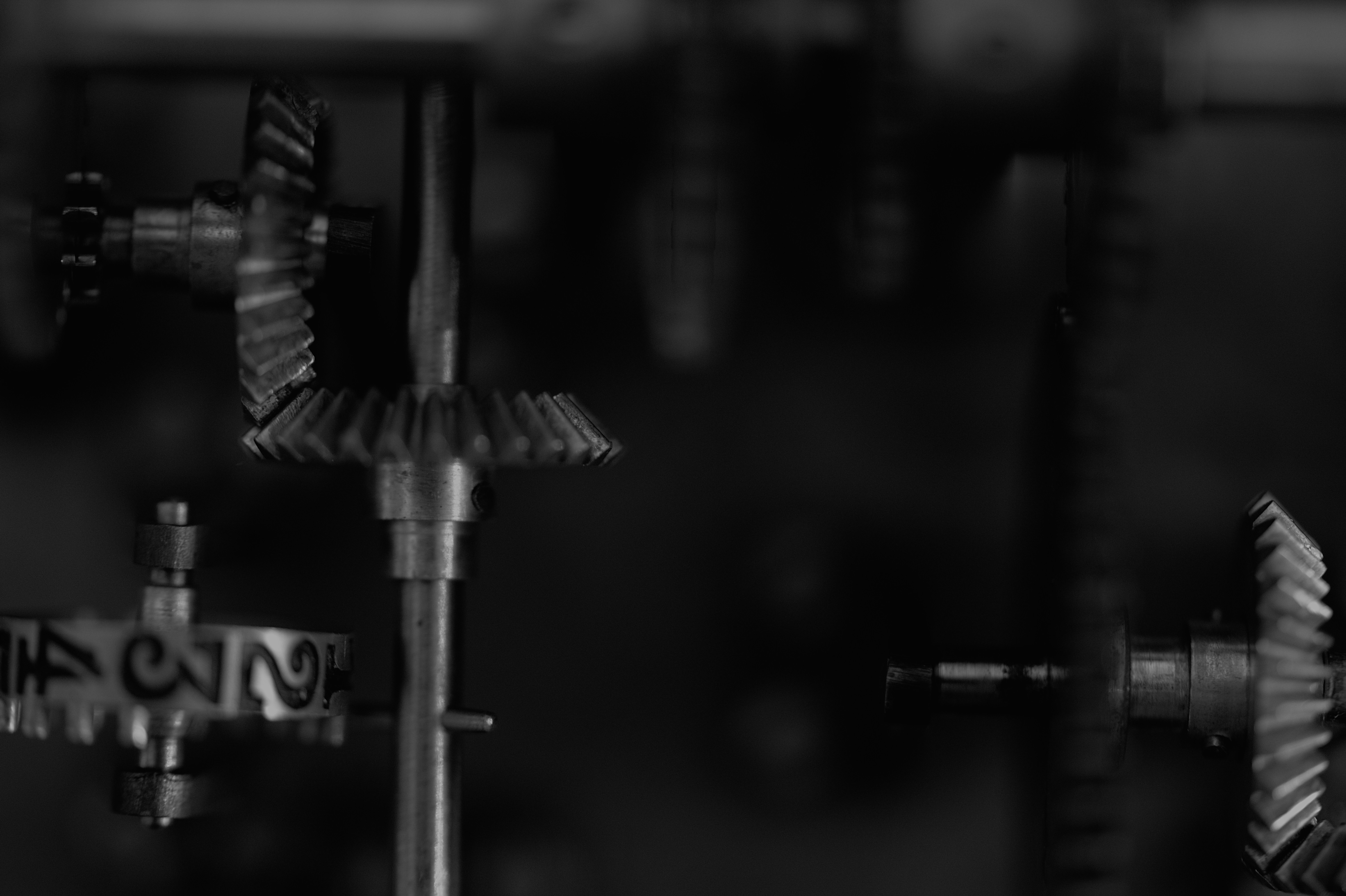A lot of companies in the growth phase face the necessity to consolidate all processes in one system. It is needed for better management and analytics of the tendencies. Some find the most crucial process in customer commitment, others in internal resources management. For these two purposes were created different systems called CRM and ERP. And now comes the question – how not to muddle CRM and ERP and in what situation we need each of them?
Definitions and description of each system
These two systems relate to different business processes, though people mix them often. Probably such a situation appears due to the similarity of the main goal of both systems – to automate and optimize processes. So let’s define what each particular system goes for.
CRM – Customer Relationship Management, stores all information about customers, requests and engagements. Additionally, it helps to create a clear system of new client acquisition. Such a structured process will increase customer engagement, income, and profitability.
ERP – Enterprise Resource Planning, creates a system of inner processes of a company, their interrelations, and management. It corresponds to the core processes of any business, especially if they come with big arrays of data. Analysis and adjustment of the resource utilization will help to avoid production risks and optimize procedures.
Basically, CRM combines information about outer engagement with customers, ERP systematizes inner procedures.
The main functions
As far these two systems are considered separate products they serve different functions.
The general functions of CRM:
- Processes automatization – from emailing to time management;
- Clarification of leads journey map;
- Creation of consistent clients database;
- Development of the documents according to the pattern;
- Support of separate departments cooperation;
- Monitoring, analysis, and reporting creation.
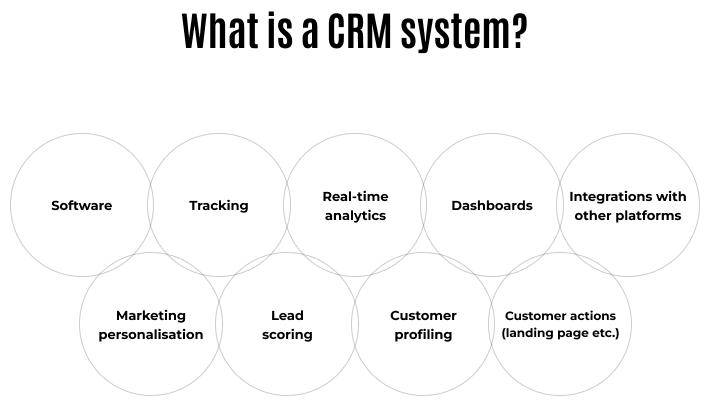
The general functions of ERP:
- Management of human and physical resources;
- Logistics processes systematization;
- Maintain accounting records and reports;
- Development of the documents according to the pattern;
- Control over distribution channels;
- Monitoring, analysis, and reporting creation.
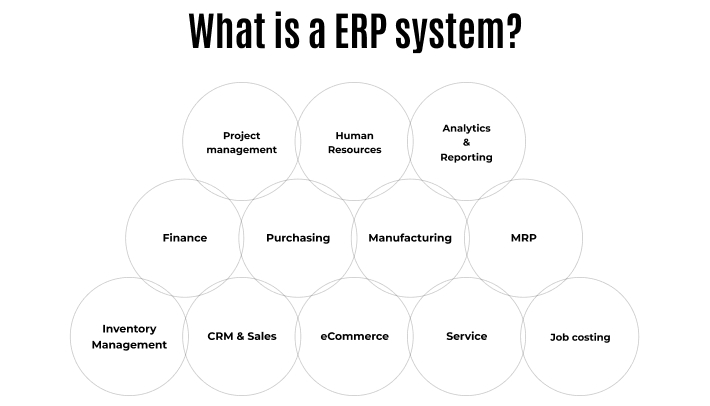
ERP functions are more comprehensive and correlate the company’s processes starting from natural resources acquisition and finishing with the delivery of a product to a customer. In some particular cases of custom ERP development, it is possible to integrate CRM into ERP as an additional module.
How to develop an effective CRM and ERP
Talking directly about the development process, these two systems have a lot of similar features.
- Complicated architecture
Each of them includes big arrays of data dependencies. Therefore the architecture of such systems must be clear and structures. First of all, it should include the basic platform with core processes and databases. After them come operational modules in a form of clusters. The main modules apply to assortment, analysis, assignment of data among the users and others. Such a structure will give the possibility to add additional features to the system without interfering with the core.
- Stress load resistance
This feature appears from the previous one. Such structure and dependencies should be able to stand against numerous interactions in a short period. Performing analysis of big clusters of data should not influence the loading rate of other processes. Such ability to resist requires not only the clear code but also proper adjustments of servers and their effectiveness.
- Security is the basis
Such systems must stay secure under any conditions. As far as they combine various departments and user groups, different users should operate the system differently. Each user should be granted with particular rights according to their access level.
On the other hand, comes the outer security. Such systems include the information that is normally concealed from others – financial data, personal data of the clients and others. In case when somebody will try to break the security, the system must successfully resist such intrusion.
- Custom development will show better results
To build a good system, it is necessary to discover the particular field where it will be operated. That will define the main features and necessary modules to achieve the best possible results. Ready-made solutions are mostly developed for some narrow areas and can not show high adaptivity.
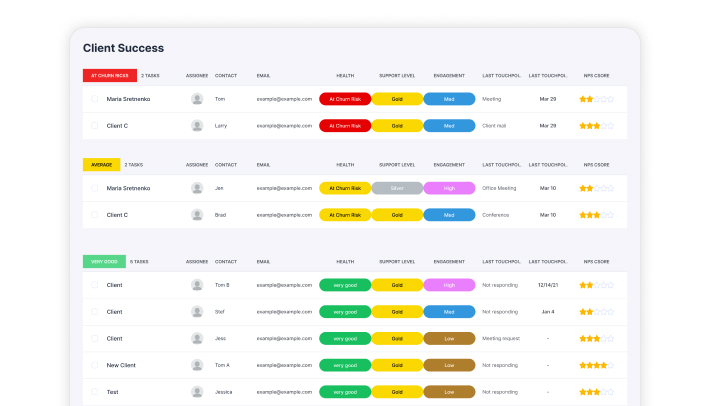
Custom development will require more time and human resources. At least one month should be assigned for preparation, assessment and project conception. This time is necessary to grasp the features and adjust them up to the needs from the very beginning. Such big projects require teamwork of several experienced specialists who know the risks and ways to avoid them. Effective communication inside the team is important as well as communication with the customer.
If to conclude
These two systems perform different functions but serve the single idea – introduce automatization and improvement. ERP is a bigger module-like system that combines all internal activities of any business. CRM manages customer interactions and pipelines. They can supplement each other or be applied separately, depending on the goals of the company. In any case, an effective system that can satisfy all quality requirements and stay effective can be created only by custom app development services.
Wish to learn more tips on the documentation and development process? Visit the special section of our blog.




